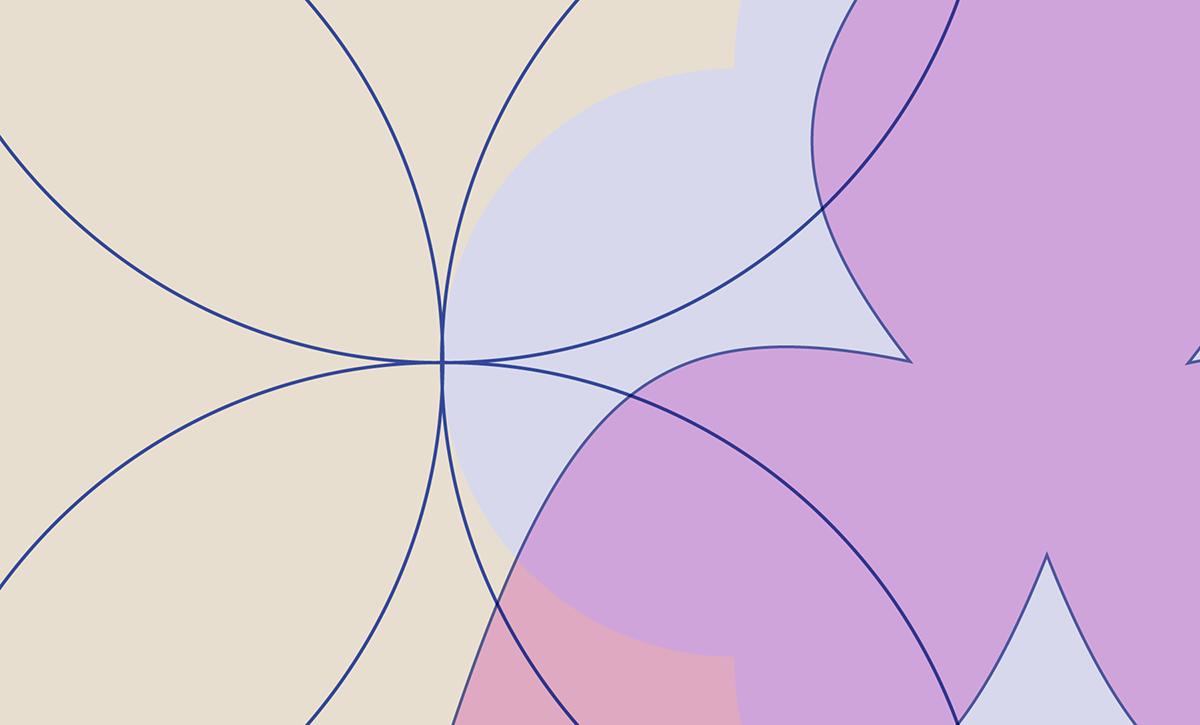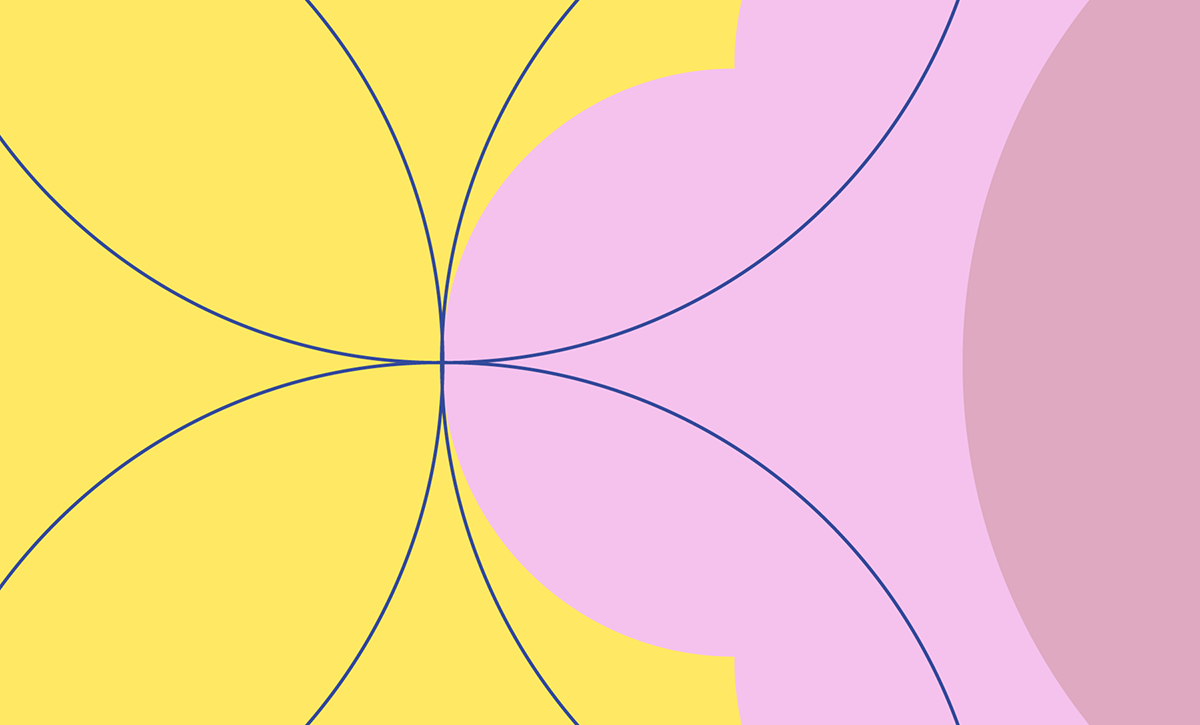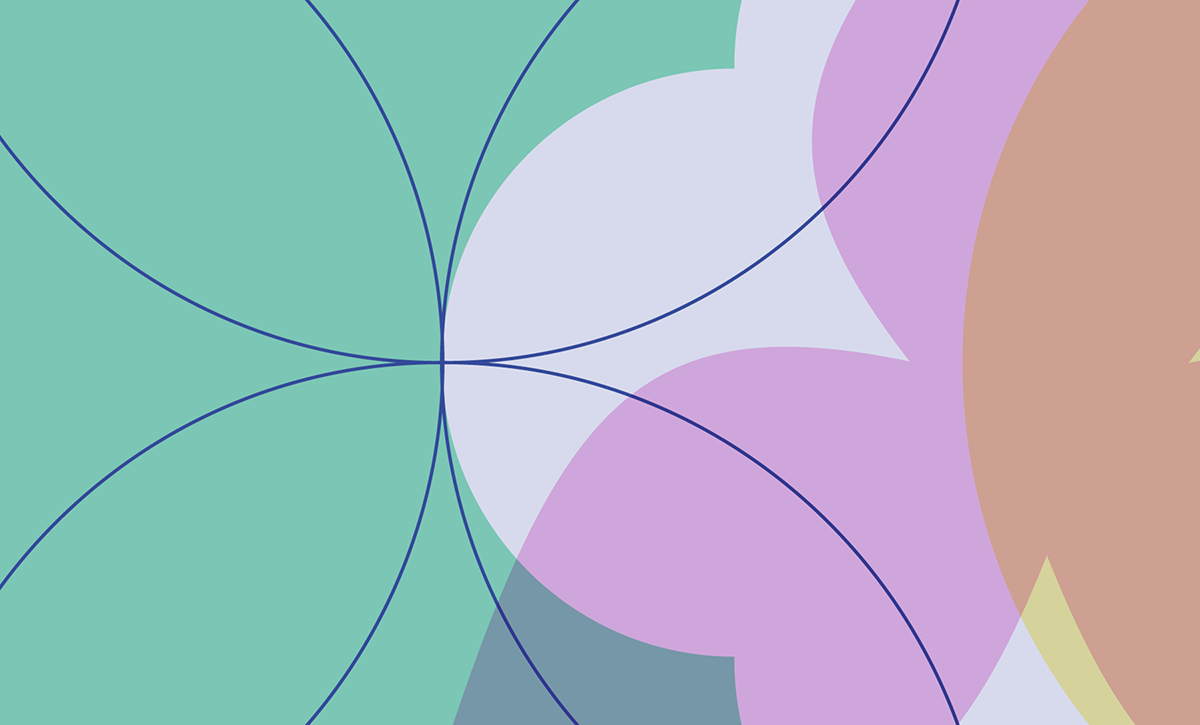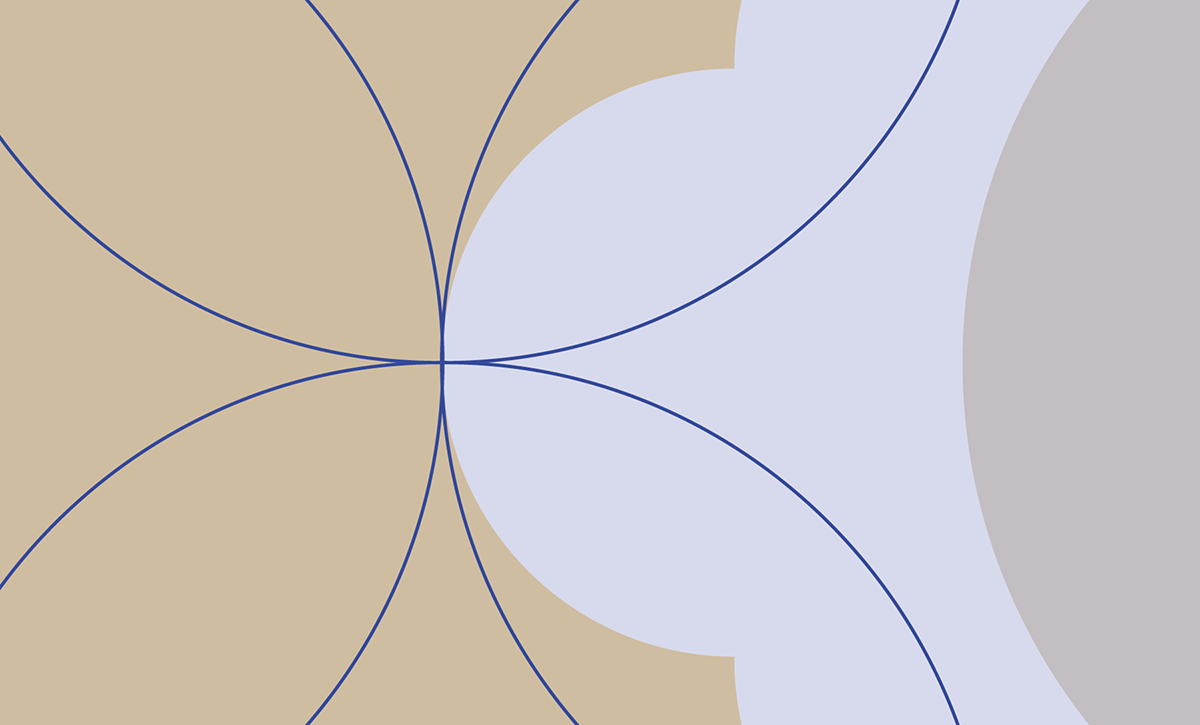The Terrorist Attack of 7 October 2023 and Its Consequences for Life in Baden-Württemberg – How Anti-Semitism Threatens Our Society
- Date: Tuesday, 19 November 2024
- Time: 6 p.m.
- Place: Aula (assembly hall), KG I
Michael Blume says of his talk:
‘On 7 October 2023, Hamas attacked innocent people in Israel who wanted to dance and celebrate or surprised them in their own homes. The attackers tortured, raped, and murdered and filmed their atrocities. This attack was not only a shock in the Middle East but also had serious consequences for us. There was a rapid increase in anti-Semitic incidents. Jews in Germany and Baden-Württemberg had to witness how solidarity was withdrawn from them. Instead of sympathizing with the victims and their relatives, certain groups glorify the terrorist acts. As the representative of the state government against anti-Semitism and for Jewish life, I present how dangerous anti-Semitism directed against Israel also is for our society – and how we can show solidarity with victims of terror and war.’
Please register for this event by 18 November 2024 by sending an email to kommunikation@zv.uni-freiburg.de.
Dr. Michael Blume was born in Filderstadt in 1976. After completing training at a bank, he studied religion and political science in Tübingen, where he also earned a doctorate in religion and brain research. Blume has worked at the Baden-Württemberg Ministry of State since 2003 and headed a project group on a special quota for particularly vulnerable women and children from Northern Iraq from March 2015 to July 2016. He was head of the department ‘Non-Christian Religions, Values, Minorities, Projects on Northern Iraq’ until 2020.
Dr. Blume is a Protestant Christian and husband in a Christian-Islamic family with three children. In his free time, he still enjoys writing religious studies books, blogging, and working as a part-time lecturer. Since March 2020 he has regularly held the podcast ‘Verschwörungsfragen’ (Questions of conspiracy), in which he explains various aspects of anti-Semitism and conspiracy myths.
‘Two Peoples in One Country’: Coexistence and Conflict in Palestine/Israel
- Date: Monday, 25 November 2024
- Time: 7 p.m.
- Place: Aula (assembly hall), KG I
Gudrun Krämer says of her talk:
‘In relation to Palestine/Israel, almost everything is controversial: names, memories, identities, and of course also political claims made with reference to religion and history. In principle, an identity understood primarily as religious leaves room for coexistence of and exchange between Jews, Christians, and Muslims. An identity as a people and a nation with a right to political self-determination in the context of an independent, sovereign state becomes a source of conflict especially when one’s own claims are formulated exclusively and the other party is denied recognition as a people as well as the right to collective self-determination. In only few conflicts of the recent past and the present are religion and politics as closely bound together as they are in Palestine/Israel. The complicated interplay between them will form the focus of this talk.’
Please register for this event by 24 November 2024 by sending an email to kommunikation@zv.uni-freiburg.de.
Gudrun Krämer is professor emerita for Islamic studies and is teaching in the 2024/25 winter semester as a visiting professor at the University of Vienna. She headed the Institute of Islamic Studies at the Free University of Berlin from 1996 to 2019 and the Berlin Graduate School for Muslim Cultures and Societies, established in the Excellence Initiative, from 2007 to 2018. She studied history, political science, English studies, and Islamic studies in Heidelberg, Bonn, and Sussex on a scholarship from the German National Academic Foundation, earned her PhD from the University of Hamburg in 1982 with a dissertation on the Jews in Egypt, and completed her habilitation in 1993, also in Hamburg, with a thesis on Islam, human rights, and democracy. She served as an expert on the Middle East for the German Institute for International and Security Affairs in Ebenhausen near Munich from 1982 to 1994 and was appointed to chairs at the University of Bonn in 1994 and at the Free University of Berlin in 1996. Visiting lectureships and fellowships have taken her to Beijing, Beirut, Bologna, Delhi, Erfurt, Jakarta, Cairo, Leipzig, Paris, and Salzburg. Gudrun Krämer is a member of the Berlin-Brandenburg Academy of Sciences and Humanities and co-editor of the Encyclopaedia of Islam Three. She served as a member of the German Sciences and Humanities Council from 2018 to 2024. She received an honorary doctorate from the Islamic University Tashkent in 2006 and was awarded the Gerda Henkel Prize in 2010.
Her work focuses on religion, law, politics, and society in the Middle East since 1800. Her publications include Geschichte des Islam, 1st completely revised ed. in C. H. Beck Paperback, Munich 2024; Der Architekt des Islamismus: Hasan al-Banna und die Muslimbrüder, Munich 2022; Der Vordere Orient und Nordafrika ab 1500 (Neue Fischer Weltgeschichte Vol. 9), Frankfurt am Main 2016; Geschichte Palästinas, 6th ed., Munich 2015 (A History of Palestine, Princeton 2008); Gottes Staat als Republik, Baden-Baden 1999; and The Jews in Modern Egypt, 1914–1952, Seattle 1989.
Trialogue – How We Talk about Israel and Palestine
- Date: Friday, 7 February 2025
- Time: 7 p.m.
- Place: HS 1199, KG I
The Quadriga publishing house writes the following about Jouanna Hassoun and Shai Hoffmann’s book:
‘October 7 marked the anniversary of the outbreak of war between Israel and Gaza: Jouanna Hassoun and Shai Hoffmann provide instructions on how to talk about Israel and Palestine. A German Jew with Israeli roots and a German-Palestinian talk about the conflict in Israel and Gaza and the impact it has on our lives. In their discussions, they deliberately create space for questions and opinions that many people don’t have the courage to express; they discuss, ask questions, and search for answers together. ‘Trialogue’ is about political dimensions, about prejudices and uncertainties, about hope and democracy. By opening up their exchange for third parties, Hassoun and Hoffmann create a trialogue and motivate their readers to join in on the conversation.’
Please register for this event by 6 February 2025 by sending an email to kommunikation@zv.uni-freiburg.de.
Jouanna Hassoun, who fled to Germany before the civil war in Lebanon and has Palestinian roots, has worked as a political educator for more than 15 years. She has been involved in political education and humanitarian aid since 2015 at ‘Transidency’, an association she helped to found. She is also committed to Muslim-Jewish dialogue and the fight against anti-Semitism and Islamophobia. Jouanna Hassoun is a recipient of the Order of Merit of the State of Berlin (Source: Quadriga Verlag).
Shai Hoffmann is a German Jew with Israeli roots. He works as a social entrepreneur, activist, speaker, and presenter. As director of the non-profit educational organization ‘Gesellschaft im Wandel’ (Society in transition) and the initiator of various projects, such as the ‘Bus of Encounters’, the ‘Democracy Bus’, and the tiny space ‘Speaking about Israel and Palestine’, he is actively committed to social cohesion. In addition, he presents the podcast ‘Speaking about Israel and Palestine’. In May 2024, Hassoun and Hoffmann were honoured as ambassadors for democracy and tolerance by the Federal Agency for Civic Education (Source: Quadriga Verlag).
Why does the Middle East conflict divide German society? Anti-Semitism, racism and the debate after 7 October 2023
- Date: Thursday, 13 February 2025
- Time: 7 p.m.
- Place: Aula (assembly hall), KG I
The Kiepenheuer & Witsch publishing house writes the following about Saba-Nur Cheema and Meron Mendel’s book:
‘The world is out of joint. Jews, Muslims, Germans, and immigrants face each other again in an irreconcilable standoff. What can help? Talking, to break down prejudices and hate.
They could not be any more different: Saba-Nur Cheema’s family is from Pakistan, and she grew up in a deprived section of Frankfurt, shaped by life in a conservative Muslim community. Meron Mendel was born in Israel and grew up in a kibbutz in the middle of the desert, shaped by the military service he completed in the West Bank and in Lebanon before coming to Germany to study.
As a couple, they now look together at the increasingly polarized world and talk about it. Their book begins at their supper table, where they ponder everyday life in Frankfurt and the big questions of the times – and how everything is connected. It becomes clear how illuminating each other’s point of view can be and how many similarities there are in their supposed differences. In their essays, which are at the same time personal and political, they write about kitchen drawers, child-rearing, and colonialism; about identity politics, the Middle East conflict, Ramadan lights in the city centre, and Christmas trees. Their book is an analysis of our present, a plea to remain open-minded even in difficult times – and an invitation to talk to one another.’
Please register for this event by 12 February 2025 by sending an email to kommunikation@zv.uni-freiburg.de.



